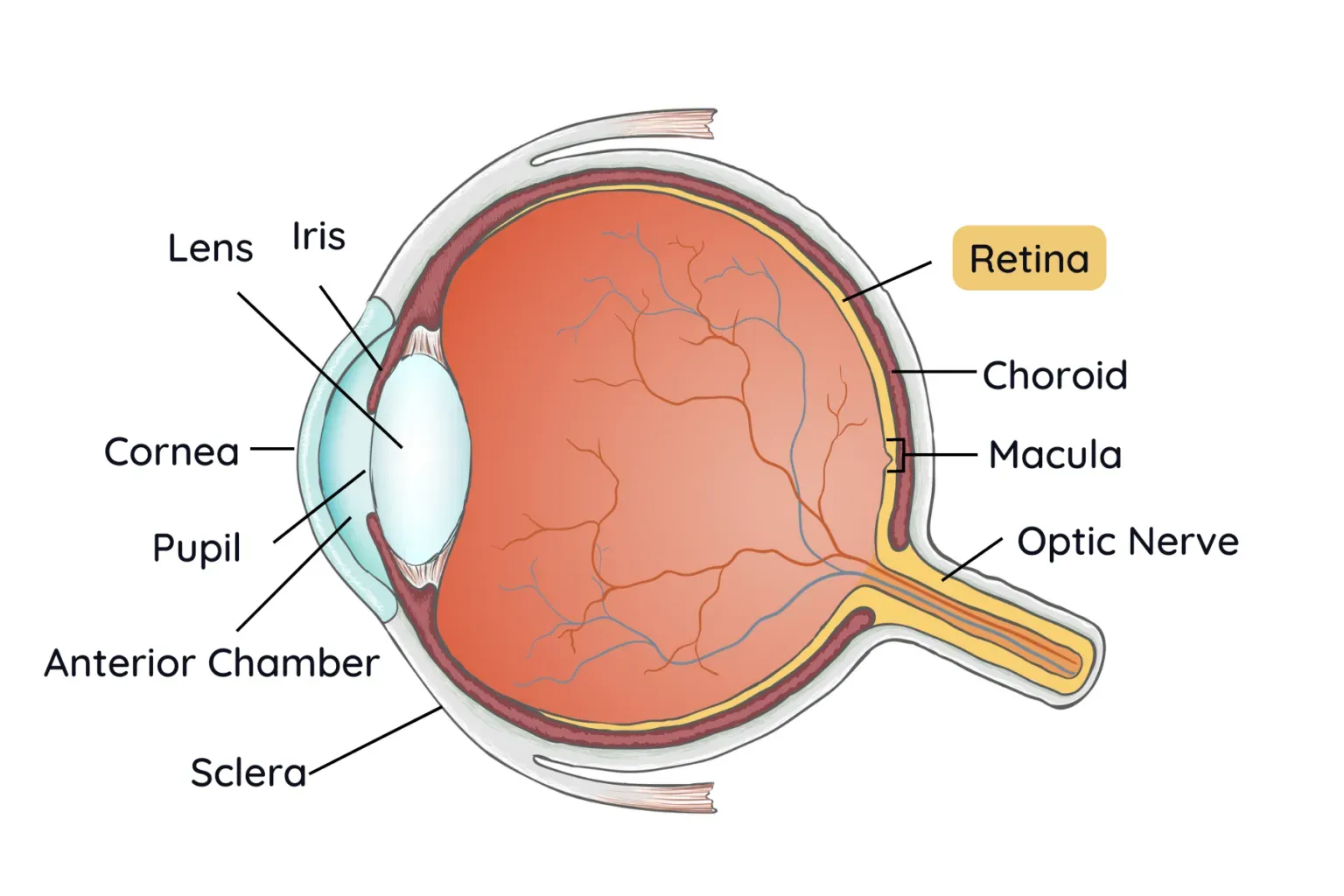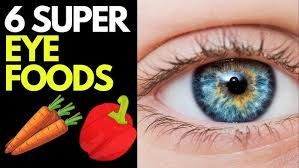Major Causes of Retinal Disorders

The retina is a delicate and sensitive tissue at the back of the eye, which converts light into signals sent to the brain. Due to its vital role in vision, any damage or disease affecting the retina can result in partial or complete loss of sight. Several factors contribute to retinal disorders:
1. Genetic Predisposition
Many retinal diseases have a hereditary component. For Example: Retinitis pigmentosa, Stargardt disease, Leber congenita, and amaurosis. Although most of these conditions often appear in childhood or young adulthood, and progress slowly and eventually lead to gradual vision loss.
2. Advancing Age
Age is the biggest risk factor for retinal problems. Age-related macular degeneration is especially common after age 50. As age increases, the retina undergoes degenerative changes, such as the buildup of drusen (yellow deposits) under the retina, which may lead to central vision loss.
3. Diabetes
Diabetic conditions are also another reason for a retinal disorder. That’s because high blood sugar damages the tiny blood vessels in the retina. This might lead to diabetic retinopathy, which may cause swelling, leakage, or abnormal growth of fragile new vessels. However, if it remains untreated, diabetic retinopathy may lead to complete blindness.
4. Trauma or Eye Injury
Some situations Physical injury, accidents, or blunt force trauma to the eye, can cause:
· Retinal detachment in the situation when the retina pulls away from its normal position.
· Macular holes (small breaks in the central retina)
However, these conditions often require urgent medical attention.
5. Lifestyle and Environmental Factors
· Smoking: It is also linked to the development and progression of AMD.
· Poor nutrition: Deficiency of vitamins A, C, E, and zinc may impair retinal health.
· Obesity and high blood pressure: Increase risk for both AMD and diabetic retinopathy.
· UV light exposure: Long-term exposure without eye protection may also lead to retinal damage.
6. Other Contributing Factors
Here, some other minor factors that may lead to this eye problem:
· Vascular problems: Retinal vein or artery occlusion (blockage of blood vessels) can cause sudden vision loss.
· Infections and inflammation: Conditions like uveitis or ocular toxoplasmosis may also damage the retina.
· Medications and toxins: Some drugs (e.g., chloroquine, hydroxychloroquine) may have retinal side effects with long-term use.
To treat your eye disorder, please click here








